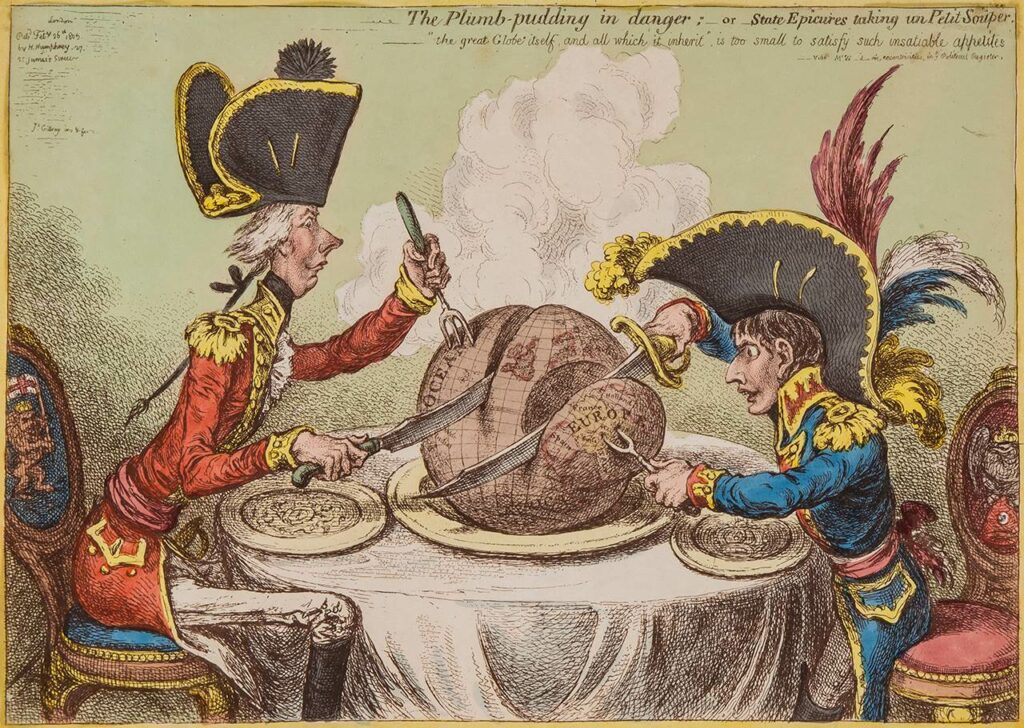decolonial psychology
“Because it is a systematic negation of the other person and a furious determination to deny the other person all attributes of humanity, colonialism forces the people it dominates to ask themselves the question constantly: ‘In reality, who am I?’” — Frantz Fanon
What is colonialism?
Colonialism is the pursuing, establishing, and maintaining control of a group of people by a foreign group of people1. Colonizers employ a systematic usage of violence in economic and political ways that subjugate the colonized population to exploitation and erasure of their cultural ways of being.
Colonial mentality is a type of internalized oppression that finds people “suffering from internalized negative views, a loss of dignity, and an overall sense of inferiority toward their colonizer”2. Colonial mentality has often been used to explain instances of collective mental health challenges, such as low levels of self and collective self esteem, higher levels of anxiety, lower life satisfaction, and various intergenerational/historical traumas.

Decolonial Psychology
Decolonial psychology is a framework of care that highlights the need to consider and incorporate an individual’s collective indigenous history and context thoughout the therapeutic relationship and treatment (e.g. race, gender, culture, religion). Recognizing the impact of colonial oppression is necessary for honoring people’s unique intersectionalities and working from a person-centered framework3. In the case of mental health treatment, consider the various cultural conceptualizations and treatment methods of behaviors that could be considered mental health challenges (i.e. consider meanings free of pathologizing and diagnosing).
Incorporating indigenous knowledge can look like4:

Embodied
Critical Reflexivity
- Being aware of your own personal, relational, and sociocultural beliefs.
- Question the origins of your beliefs and conceptualizations of the world/people.
- Foster a continually introspective mindset.

Intertwined Knowledge
in Action
- Keep your mind open to alternative theories about the world; practice un-learning and re-learning.
- Engage in community opportunities that can inform you of other cultural interpretations of life.

Radical
Relationality
- Hold the capacity, desire, and will to foster deep relationships.
- “What sets radical relationality apart from other modes of being in relationship with people is the centrality of sharing the risks, tensions, vulnerabilities, and challenges”5.

Transdisciplinarity
- Expand the limits of knowledge towards the goal of epistemic justice (preventing the exclusion and silencing of others’ meanings and beliefs).
- Incorporate knowledge from other fields of study into your work (e.g. sociology, anthropology, education).
